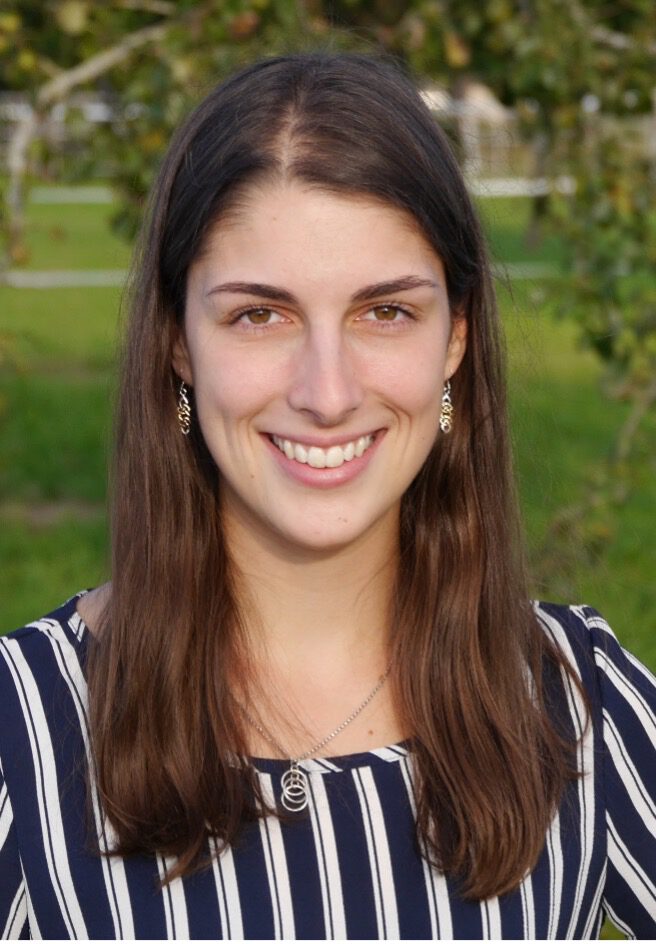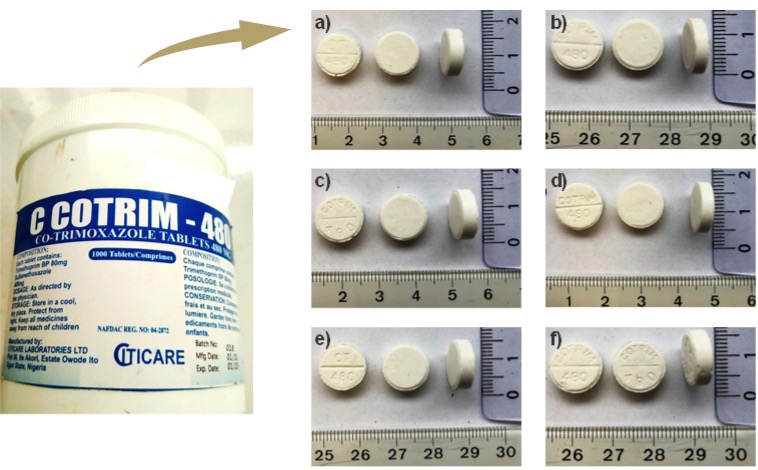Identification of counterfeit and substandard medicines.
 The Frankfurt Foundation provides one-year funding to support doctoral studies to ensure the quality of pharmaceuticals in low- and middle-income countries. Under the supervision by Dr. Lutz Heide, Professor at the Institute for Pharmacy of the Eberhard Karls University of Tübingen/Germany, PhD student Julia Gabel investigates the usefulness of near-infrared spectroscopy (NIR) for quick identification of counterfeit drugs and substandard medicines.
The Frankfurt Foundation provides one-year funding to support doctoral studies to ensure the quality of pharmaceuticals in low- and middle-income countries. Under the supervision by Dr. Lutz Heide, Professor at the Institute for Pharmacy of the Eberhard Karls University of Tübingen/Germany, PhD student Julia Gabel investigates the usefulness of near-infrared spectroscopy (NIR) for quick identification of counterfeit drugs and substandard medicines.
In 2017, the World Health Organization (WHO) stated that about 10.5% of medicines in developing countries are substandard or counterfeit. This problem has become even worse during the COVID-19 pandemic and lead to increased morbidity and mortality
This research project especially examines whether a selected low-cost NIR spectrometer in combination with conventional chemometric procedures can be used as an inexpensive and reliable technology for verifying the declared active ingredients in tablets – regardless of the manufacturer and brand.
However, raw spectra as such are difficult to interpret. Therefore, a multivariate evaluation of the spectral data should be carried out, primarily using Data-Driven Soft Independent Modeling of Class Analogy (DD-SIMCA), a chemometric method developed in recent years and particularly suitable for this question. An advantage of NIR spectroscopy is that the application does not require destructive sample preparation and does not require any consumables. In addition, the time required for analysis is very short and only minimal training is necessary to operate the equipment. These NIR methods can be of great use for drug testing in Africa as well as in more industrially equipped countries.
Counterfeit medicines are very common in Nigeria, Africa’s most populous country. A second part of the research project is therefore concerned with examining the quality of 260 drug samples collected by a church organization in Nigeria. These drugs are examined at the University of Tübingen using pharmacopoeial methods for identity, content and release of active ingredients. The results should enable both local health facilities and the Nigerian authorities to improve patient protection against counterfeit and substandard medicines.
A research stay by Julia Gabel in Prof. Paul Newton’s laboratory at the University of Oxford, Great Britain, is intended to contribute to the international implementation of the methods and results developed as part of this doctoral project.

Fake medicine from Nigeria. Six different types of tablets were found in a single container. None of them contained the declared active ingredient. (Photo: © Julia Gabel)

